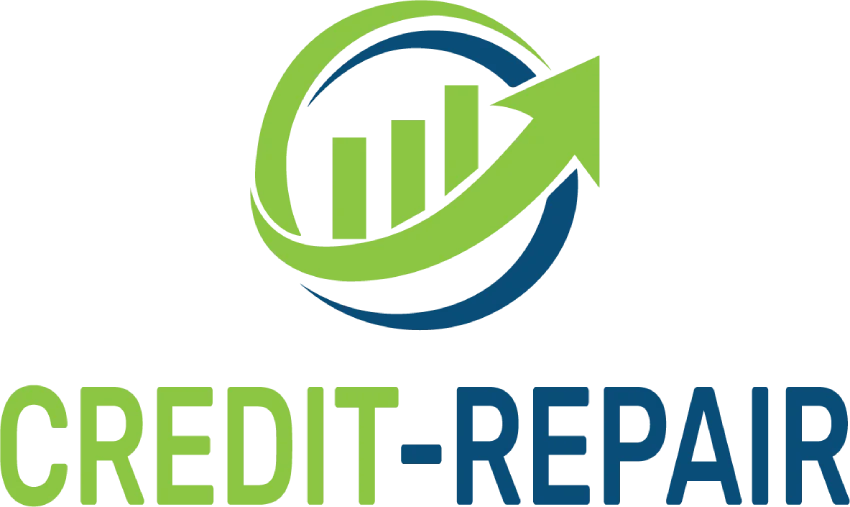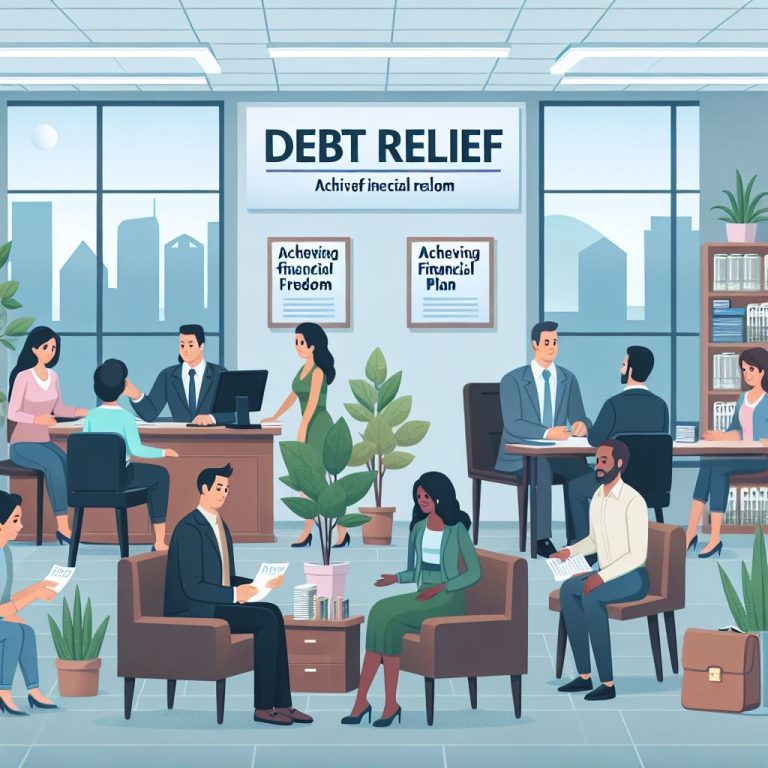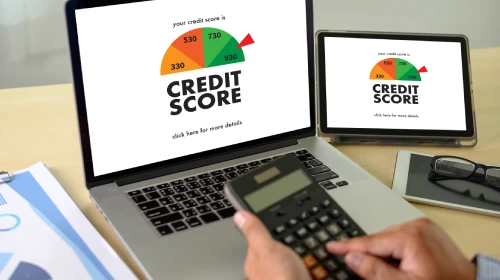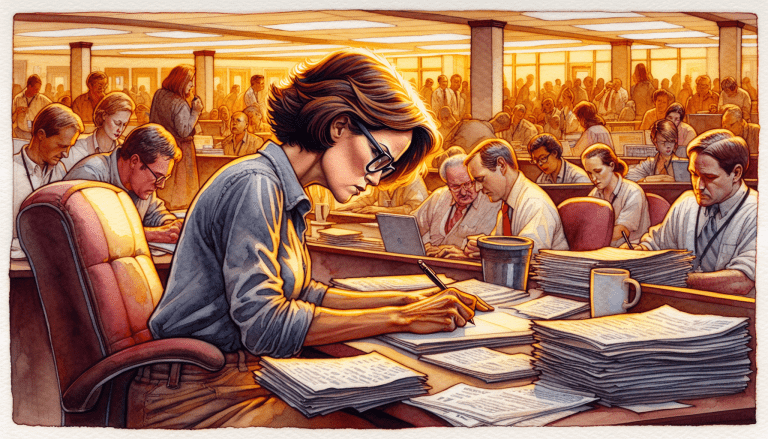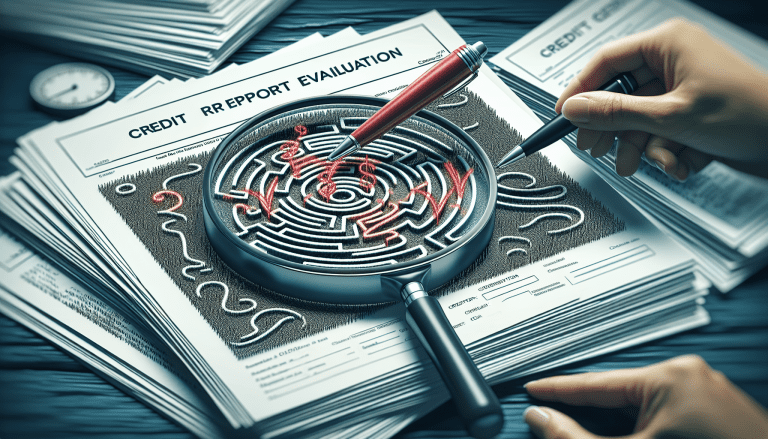Unemployment can bring about a wave of financial uncertainty, with concerns about paying bills and meeting basic needs taking center stage. But beyond the immediate financial strain, many individuals may also wonder about the long-term consequences on their credit. Does unemployment affect your credit?
Relationship between unemployment and credit
Understanding the relationship between unemployment and credit is crucial for individuals navigating through a period of unemployment. While unemployment itself does not directly harm your credit score, the financial implications that come with it can have an indirect impact.
For starters, if you’re unable to make timely payments on your existing debts, such as credit card bills or loan repayments, it can negatively affect your credit score. Late payments and defaults are recorded in your credit history, which can lower your creditworthiness.
Additionally, prolonged unemployment may force you to rely on credit cards or loans to cover your living expenses. Accumulating too much debt or high credit utilization can also hurt your credit score.
Nevertheless, it’s worth noting that not all lenders or credit scoring models treat unemployment the same way. Some may take unemployment into consideration when assessing creditworthiness, while others may prioritize factors like income stability.
Impact of unemployment on your credit score
We understand how unemployment can indirectly affect our credit, let’s delve deeper into the specific ways in which it can impact our credit score. Being aware of these factors can help us take proactive measures to mitigate any potential damage.
One of the most significant factors is the inability to make timely payments on existing debts. As mentioned earlier, late payments and defaults are recorded in your credit history, which can significantly lower your creditworthiness. It’s crucial to communicate with your creditors and explore options like deferment or forbearance to avoid negative marks on your credit report.
Another factor to consider is the increased reliance on credit cards or loans to cover living expenses. If you accumulate too much debt or have a high credit utilization ratio, it can negatively impact your credit score. To avoid this, prioritize essential expenses, create a budget, and seek assistance from credit counseling agencies if necessary.
Lastly, it’s essential to be mindful of how different lenders and credit scoring models treat unemployment. Some may view it as a temporary setback, while others may prioritize factors like income stability. Understanding these nuances can help you choose lenders who are more lenient and understanding during this challenging time.
Strategies to manage your credit during unemployment
Losing a job can be a daunting experience, but it doesn’t have to be detrimental to your credit health. By implementing the following strategies, you can actively manage your credit during unemployment and safeguard your financial future.
Create a realistic budget:
Assess your current financial situation and create a budget that prioritizes essential expenses such as housing, utilities, and food. Cut back on unnecessary expenses and redirect any available funds towards debt payments.
Contact your creditors:
It’s crucial to communicate with your creditors as soon as you anticipate a potential financial strain. Many lenders are willing to work with you during tough times and may offer temporary solutions such as lower interest rates, payment extensions, or reduced minimum payments.
Explore relief options:
Take advantage of any government assistance programs or unemployment benefits that may be available to you. These programs can provide temporary financial relief and ease the burden of debt repayment.
Maintain a positive payment history:
If possible, continue making at least the minimum payments on your debts. This will help you maintain a positive payment history and minimize the negative impact on your credit score.
Seek assistance from credit counseling agencies:
Credit counseling agencies can provide guidance on managing your debt, creating a realistic budget, and negotiating with creditors. Their expertise can help you navigate the financial challenges of unemployment more effectively.
Seeking professional help for credit management
While it’s crucial to take proactive steps to manage your credit during unemployment, sometimes it may be beneficial to seek professional help. Credit counseling agencies are equipped with the expertise to guide you through the complex world of credit management and provide tailored solutions to your unique situation.
These agencies can assist you in developing a comprehensive plan to tackle your debts, negotiate with your creditors, and create a realistic budget that aligns with your financial goals. They can also educate you about various debt relief options and help you understand the potential consequences of each approach.
Working with a credit counseling agency can provide you with a clear roadmap to financial recovery, giving you the peace of mind and confidence to navigate the challenges of unemployment. Their objective guidance and support can empower you to make informed decisions and set you on the path to a brighter financial future.
Seeking professional help is a sign of strength, not weakness. By reaching out to experts in credit management, you are taking control of your financial well-being and ensuring you have the best possible chance of weathering the storm of unemployment.
Rebuilding your credit after unemployment
During a period of unemployment, it’s common for your credit to take a hit. Late or missed payments, high credit utilization, and increased debt can all contribute to a decline in your credit score. However, just because you experienced financial setbacks doesn’t mean your credit is permanently damaged.
We’ll explore practical steps you can take to gradually improve your creditworthiness and position yourself for future financial success. From creating a budget and setting realistic goals to managing your debts strategically, we’ll provide you with the tools and strategies you need to bounce back from unemployment and regain control of your credit.
Stay tuned as we delve into the process of credit rehabilitation and empower you to take charge of your financial future.
When faced with unemployment, individuals often find themselves in a precarious situation, with various aspects of life, including finances, hanging in the balance. One significant concern that arises during such times is the potential impact on one’s credit score. This article aims to shed light on the connection between unemployment and credit scores and suggests proactive measures to mitigate the potential damage.
Unemployment and Credit Score
Unemployment is a state where an individual is without current employment but actively seeks opportunities. Causes can range from job loss and company downsizing to economic challenges.
Credit Score
A credit score, a three-digit figure, gauges the likelihood of an individual repaying loans. Determined by factors like payment history, credit utilization, credit history length, and types of credit, it plays a pivotal role in loan approval, renting, and interest rates.
The Impact of Unemployment on Credit Scores
Unfortunately, unemployment can significantly affect one’s credit score, with several key aspects coming into play:
- Late or Missed Payments
- Challenge in keeping up with bills, leading to late or missed payments.
- Contacting creditors for potential payment plans or deferment is advisable.
- Utilization Rates
- Reliance on credit cards to cover expenses during unemployment may elevate credit utilization rates.
- High utilization ratios often result in credit score drops.
- Debt-to-Income Ratio
- Unemployment can increase the debt-to-income ratio, affecting creditworthiness.
- Lenders use this ratio to assess eligibility for credit.
- Collections and Charge-Offs
- Inability to make payments may lead to collections or charge-offs.
- These negative marks can significantly lower credit scores and persist for up to seven years.
- Length of Credit History
- Closing credit accounts due to unemployment can shorten credit history.
- A shorter credit history may pose challenges for lenders in evaluating creditworthiness.
- Credit Inquiries
- Frequent applications for credit, common during unemployment, can result in multiple inquiries.
- Multiple inquiries have the potential to lower credit scores.
Protecting Your Credit While Unemployed
Mitigating the impact of unemployment on your credit score requires proactive steps:
- File for Unemployment Benefits
- Promptly file for unemployment benefits to secure a source of income during the job search.
- Having income helps in staying current on bills, preserving the credit score.
- Reduce Expenses
- Essential cost-cutting becomes crucial during unemployment.
- Trim non-essential expenses like dining out, subscriptions, and entertainment to allocate resources for bill payments.
Get a Credit Repair Service
Prioritize Payments
If you’re unable to make all of your payments, prioritize which bills are most important. Paying your rent or mortgage, utilities, and car payment should be your top priorities. If you can’t make your credit card payments, contact your creditors to see if you can work out a payment plan or deferment.

Consider Credit Counseling
If you’re struggling to manage your debt, consider contacting a credit counseling agency. Credit counselors can help you create a budget, negotiate with creditors, and develop a plan to manage your debt. They can also provide you with valuable resources and support to help you protect your credit score.
Conclusion
In conclusion, unemployment can have a significant impact on your credit score. Late or missed payments, high utilization rates, collections and charge-offs, a shorter credit history, and too many credit inquiries can all lower your credit score. However, by filing for unemployment benefits, reducing expenses, prioritizing payments, and considering credit counseling, you can protect your credit score while unemployed.
Remember, a good credit score is essential for several reasons, so taking steps to protect it should be a priority. If you’re struggling to manage your debt or protect your credit score, don’t hesitate to seek help.
FAQs
Does unemployment affect my credit score?
Yes, unemployment can have a negative impact on your credit score.
How long does a missed payment stay on my credit report?
It takes up to seven years for a missed payment to be removed off a credit record.
Can I still apply for credit while unemployed?
Yes, you can still apply for credit while unemployed, but it’s important to be mindful of the impact it may have on your credit. score
Will filing for unemployment benefits hurt my credit score?
No, filing for unemployment benefits will not hurt your credit score.
What should I do if I’m struggling to manage my debt?
Consider contacting a credit counseling agency for help managing your debt and protecting your credit score.
Table of Contents
Get Your Credit Repaired With credit-repair.com
Google Review:
or
WHY CHOOSE US
We also would counsel you on real, legal, and ethical credit repair for clients rebuilding their life and credit ratings after hardship. Achieving financial freedom is the ultimate dream allowing you to live the life you want to enjoy. Get the help of a professional credit repair company by contacting us.
Our credit restoration services are tailored to your unique situation, and we never make you pay for anything you don’t need. When you sign up for either our Essentials or Essentials Plus packages, you can rest assured that you’ll be receiving the bare minimum of care necessary for your specific situation. You can opt for additional customization options to further tailor our offerings to your specifications. In this manner, you won’t overpay for perks you don’t use. This is the essence of adaptability.
